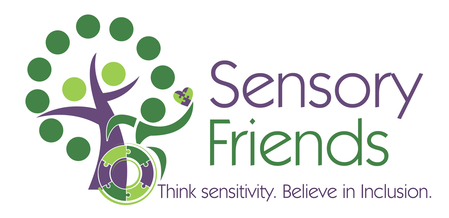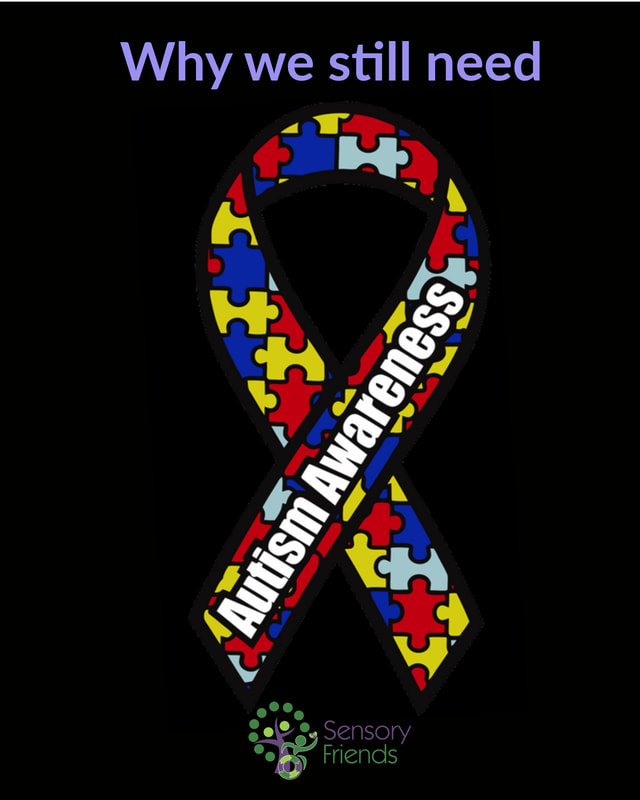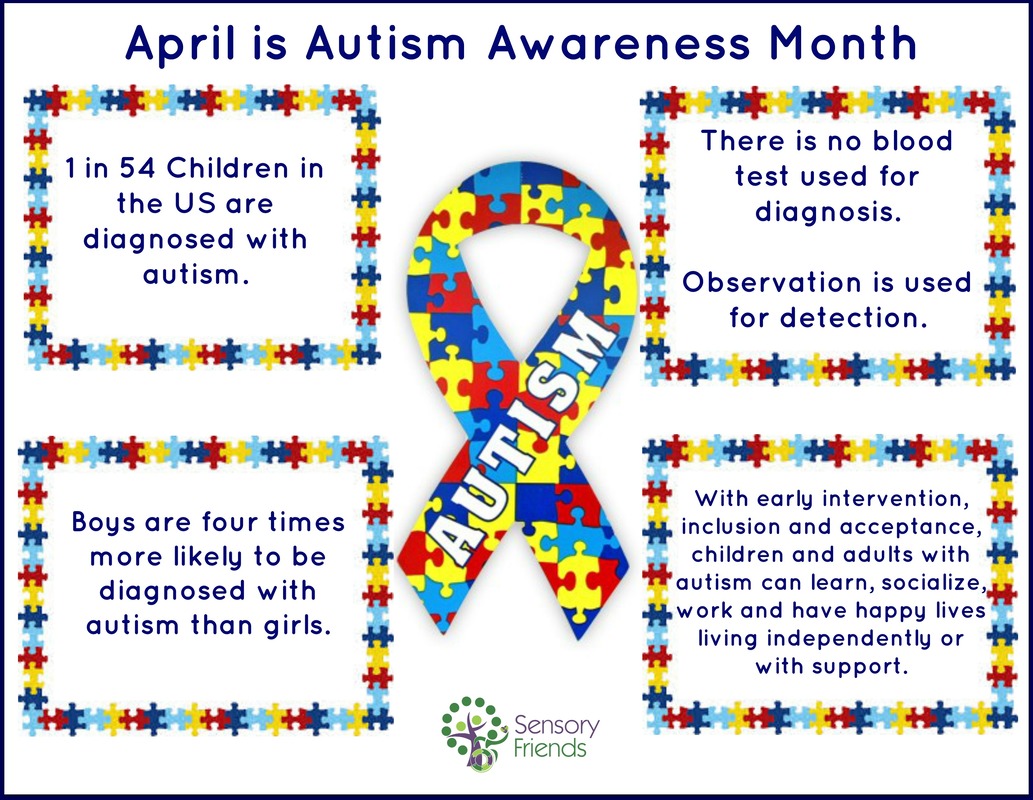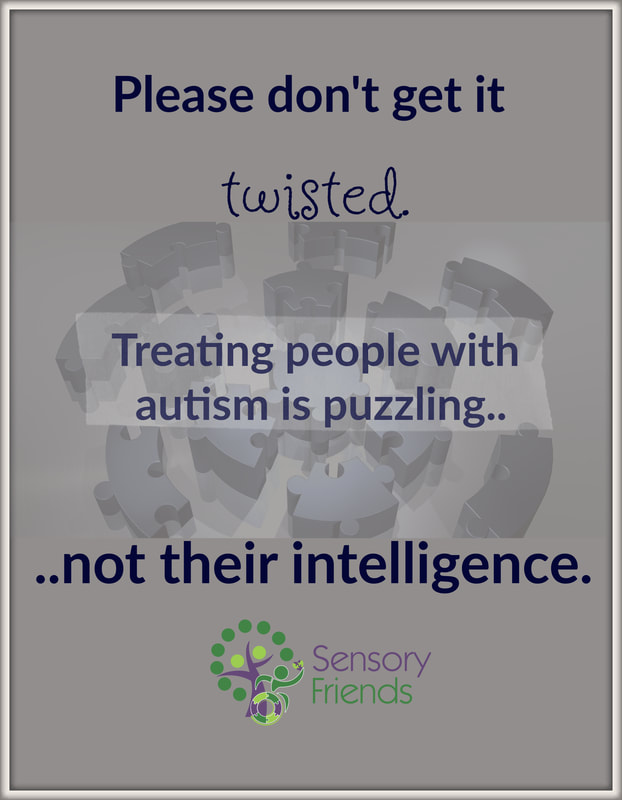What do the statistics say?
Please don’t get it twisted. Treating people with autism is puzzling – not their intelligence .
In 1945, an Austrian pediatrician and professor named Hans Aspergers reported that a group of his patients were highly intelligent but struggled with social interactions and exhibited obsessive and ritualistic behaviors. Hans later named the condition Aspergers Syndrome. These patterns of similar tendencies were a milder form of what Kanner was reporting, but the symptoms were strikingly similar in nature.
You may have noticed that in both reports from Dr. Kanner and Dr. Aspergers, they stated that the patients they studied were highly intelligent. This is important to mention because it’s natural for us to make quick assumptions based on what we see and not what lies beneath the surface. We see non-speaking individuals who are behaving unusually and seem not to have the ability to do the most basic of things, such as self-care, or having a conversation with others. However, what we don't see is what they truly know, understand, and may be able to do.
It’s important to know that individuals with autism can learn and do so much more than we give them credit. Patience, love, and understanding can help them get to living a life of independence and continued learning.
Autism is among the quick rising prevalence of
developmental disabilities today!
We all desire companionship, we all desire to be comforted with affection, or by touch, hugs, and some kind of interaction or connection with others. Children and adults with autism are no different. Their behavior may indicate a need for a break from the current situation, not a permanent place in isolation.
People who have autism play a role in this world and are a part of God’s plan just like the rest of us. It’s up to us to help them to discover their path in life with support, encouragement, love, kindness, and understanding.




 RSS Feed
RSS Feed